Postpartum Leaks: Why They Happen & What You Can Do About It
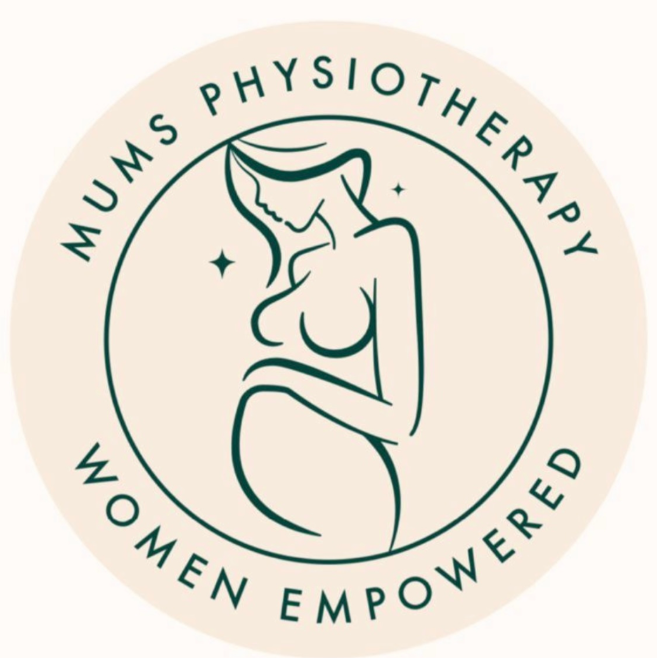
This guest blog post is written by Meera Joshi, a Specialist Women’s Health Physiotherapist.
Postpartum leaking is more common than you might think, as 1 in 3 women experience it. But common doesn’t mean permanent. There is support, and recovery is possible.
Whether it’s a dribble when you sneeze or a sudden urge to rush to the toilet, many women experience changes in bladder control after birth. As a Women’s Health Physiotherapist, I want you to know that with the right support, things can absolutely improve.
What causes it?
Pregnancy and birth affect your pelvic floor, core, and bladder function, even if you had a cesarean section.
Common reasons include:
• Weak or overstretched pelvic floor muscles
• Perineal tearing or episiotomy
• C-section-related core dysfunction
• Hormonal shifts that affect tissue tone and sensitivity
All the above cab lead to stress incontinence (leaks with coughing or movement), urge incontinence (sudden need to wee), or both.
5 Ways to Support Your Recovery
1. Rebuild your pelvic floor
Start with gentle, focused pelvic floor activations. Breathe, lift, and fully relax. It’s not about how many you do, it’s about control and connection.
2. Breathe with intention
Your diaphragm and pelvic floor work as a team. Exhaling during effort helps reduce pressure on the bladder and supports pelvic control during movement.
3. Create bladder-friendly habits
Avoid “just in case” wees and reduce common bladder irritants like caffeine or fizzy drinks, especially if urgency is a problem.
4. Nourish your system
Fatigue, stress and hormone shifts impact pelvic floor tension.
I love recommending HotTea Mama’s caffeine-free blends as a gentle, bladder-friendly option:
• Get Up & Glow offers a boost without the bladder irritation
• Morning Rescue supports digestion and hormone balance
• Over the Moon calms the nervous system, which is closely tied to pelvic floor function
These teas are created by women, for women, and are a great support for new mums.
5. Don’t wait to get support
If leaking is affecting your day-to-day life, please know that help is
available.
A Women’s Health Physiotherapist can provide a full assessment and guide you through a personalised rehab plan You’re not broken and you’re not alone!
With the right information and the right support, recovery is absolutely possible.
If you’d like to explore 1:1 virtual support, you can find me at @wellbeingwithmeera.

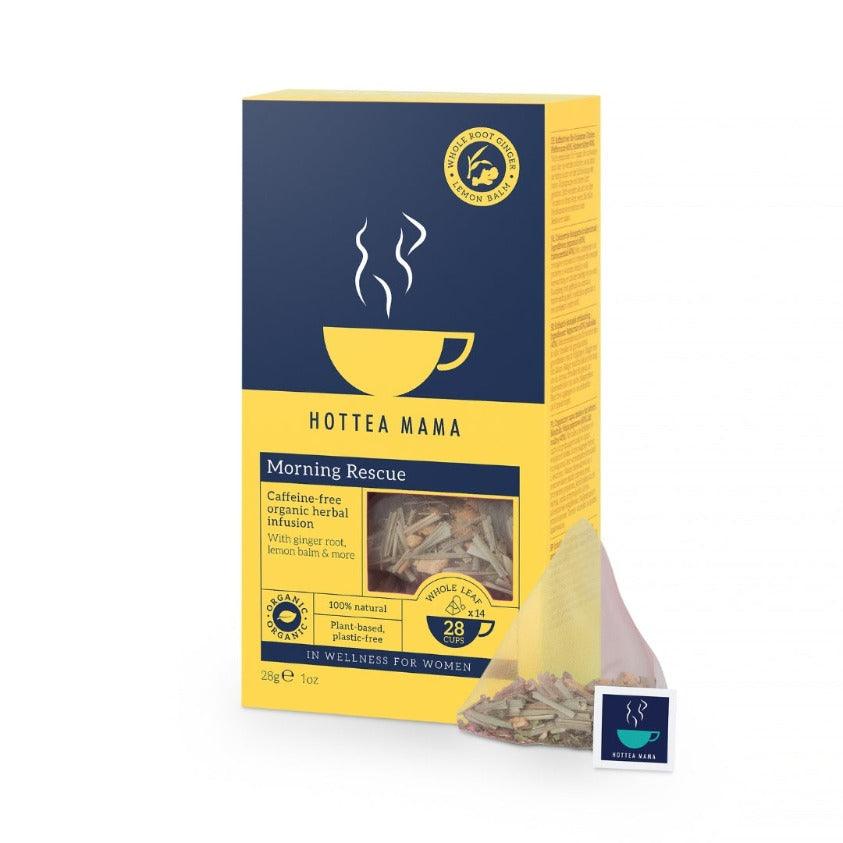

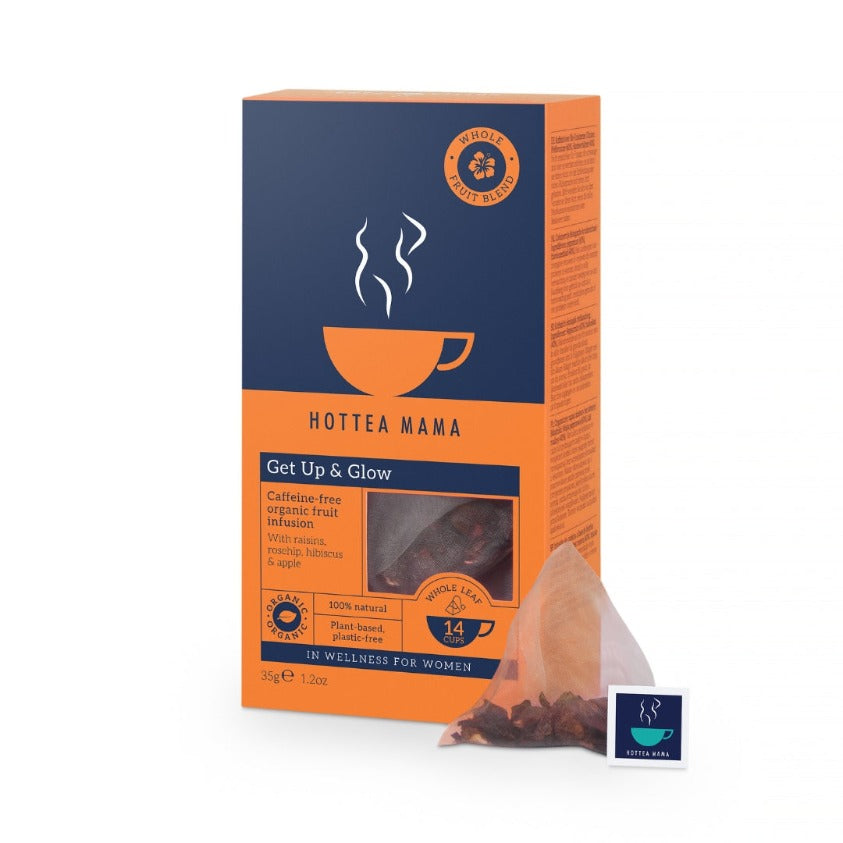

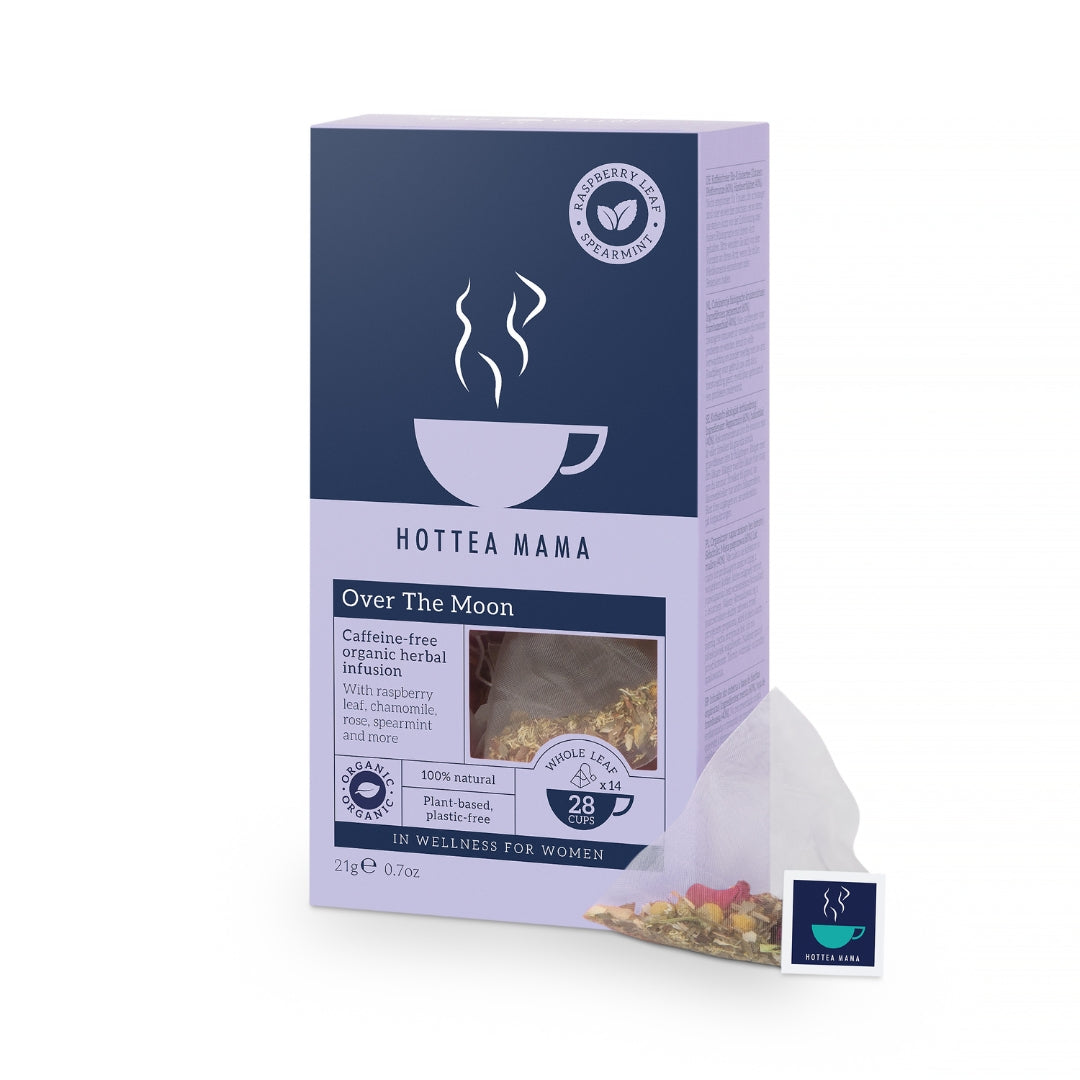

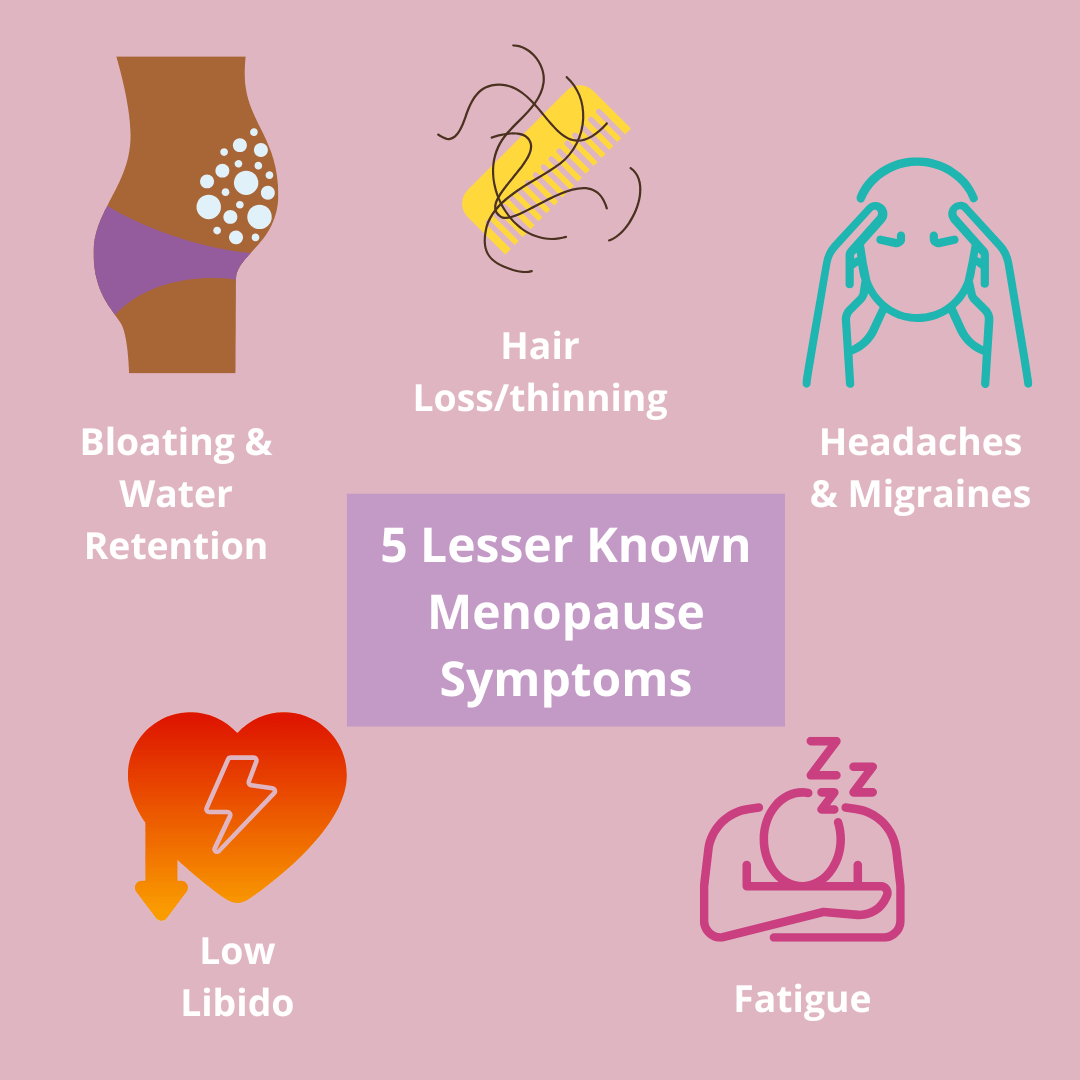


Comments